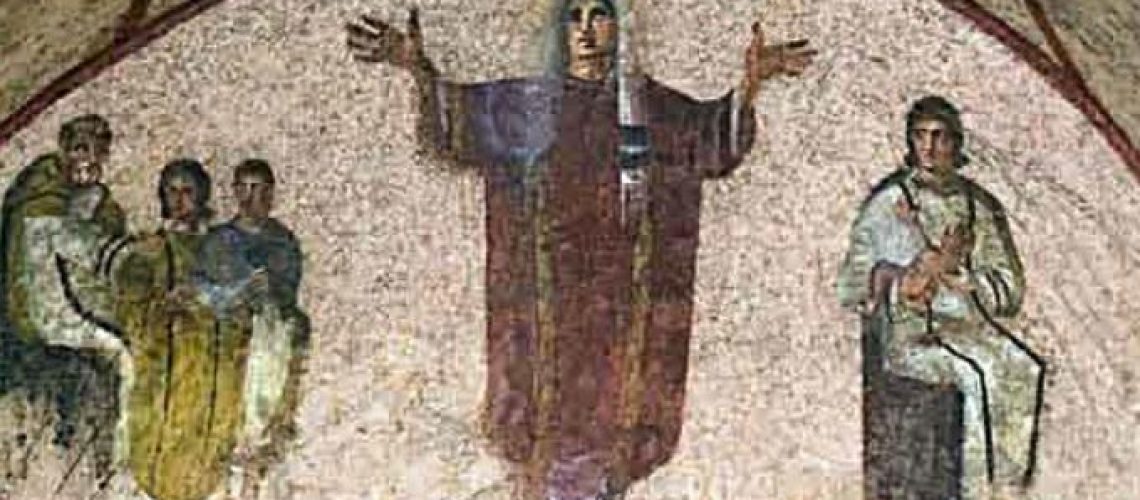“Be that self which one truly is.” –Soren Kierkegaard
Psychologists believe that much of what we learn comes through imitation. As a child grows, he observes his parents and mimics their behaviour. In this manner, children can become a reflection of their parents. Humans are not only affected by what they see but also reflect what they see.
The Greek word referring to the human being is Anthropos, which literally means ‘one who looks upward.’ While humans are distinct from other living and mobile creatures in many ways, their ability to look upwards stands out. Gregory of Nyssa comments on the posture of humans in the following way,
“But man’s form is upright, and extends aloft towards heaven, and looks upwards: and these are marks of sovereignty which show his royal dignity. For the fact that man alone among existing things is such as this, while all others bow their bodies downwards, clearly points to the difference of dignity between those which stoop beneath his sway and that power which rises above them.” (Gregory of Nyssa – Creation of Man VIII. 1)
Gregory is mainly concerned with the royalty of humanity in relation to other living creatures. It is important that we note that every royalty in humanity is bestowed from above. James, an author of a letter in the New Testament, believes “Every good and perfect gift is from above, coming down from the Father of the heavenly lights, who does not change” (James 1:17). God, known in Judeo-Christian literature as the King of Kings, offers humanity sparks of His own kingship.
For humanity to continuously resemble God, we ought to constantly fix our eyes on God. We ought to become wise for wisdom “is a reflection of the eternal light, a spotless mirror of the working of God, an image of his goodness” (Wisdom 7:26). Every image is a mirror that reflects an archetype. We are mirrors and the more we direct ourselves toward God, the more we resemble Him and reflect Him to all other beings, rational and irrational. Regarding this, Gregory of Nyssa writes, “For he who has truly come to be in the image of God and who has in no way turned aside from the divine character bears in himself its distinguishing marks and shows in all things his conformity to the archetype” (Gregory of Nyssa – Life of Moses). When the fall takes place (which we will deal with later), humanity will cease to look at God and instead focus on materialism and egoism, and consequently man ceases to resemble God.
While these seem like complex Christian ideas, they are certainly relatable today to everyone Christian or not. We ceased to look upwards. The hearts of many have been fixated on material things. Many are unable to heal their psyche nor come to terms with their spirituality. Why? Because we are too busy dealing with the visual and material stimuli. Humanity needs to have its eyes shut toward materialism and opened toward the things that matter most, the things from above. We are what we see. Do you love looking at expensive attire? You have become a slave to what covers your body—let alone your body. Do you love looking at pornographic images? You will become a slave to pleasing your body. And the list goes on… What is the solution? Make wise decisions as to what you spend your time watching. Humans are mirrors. We reflect what we see.

